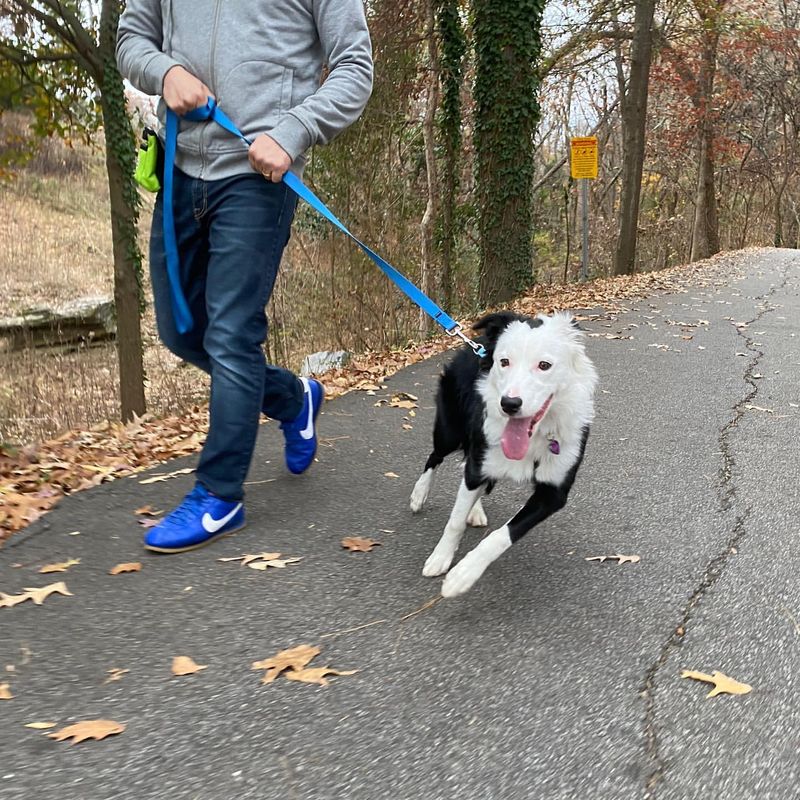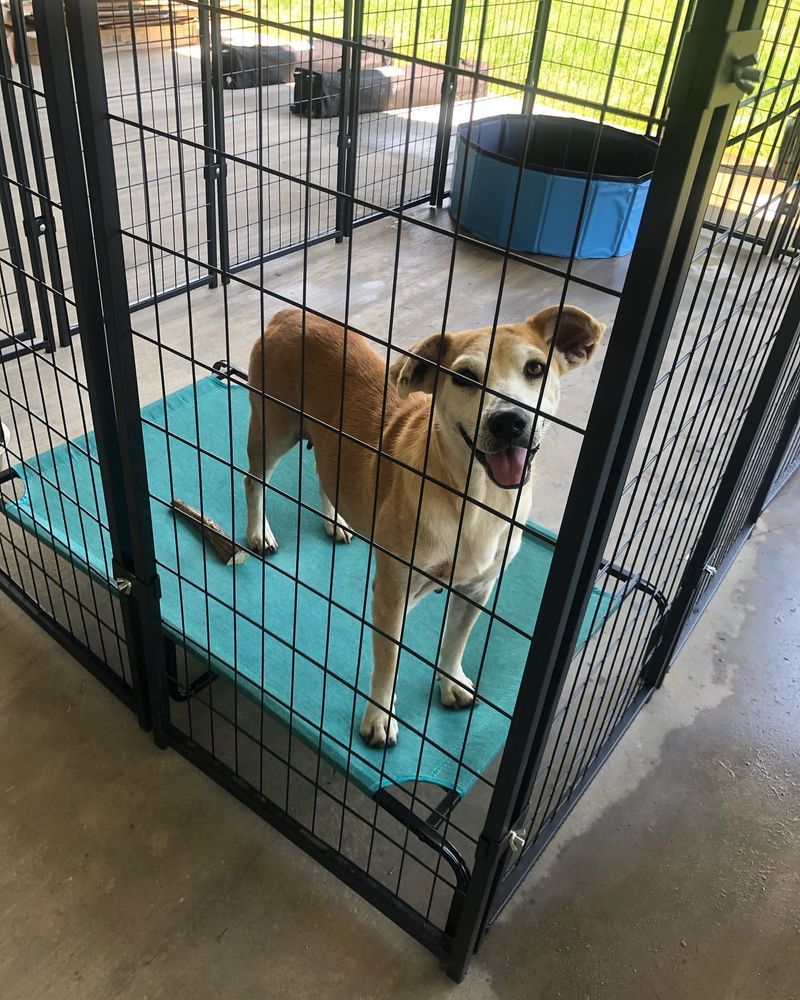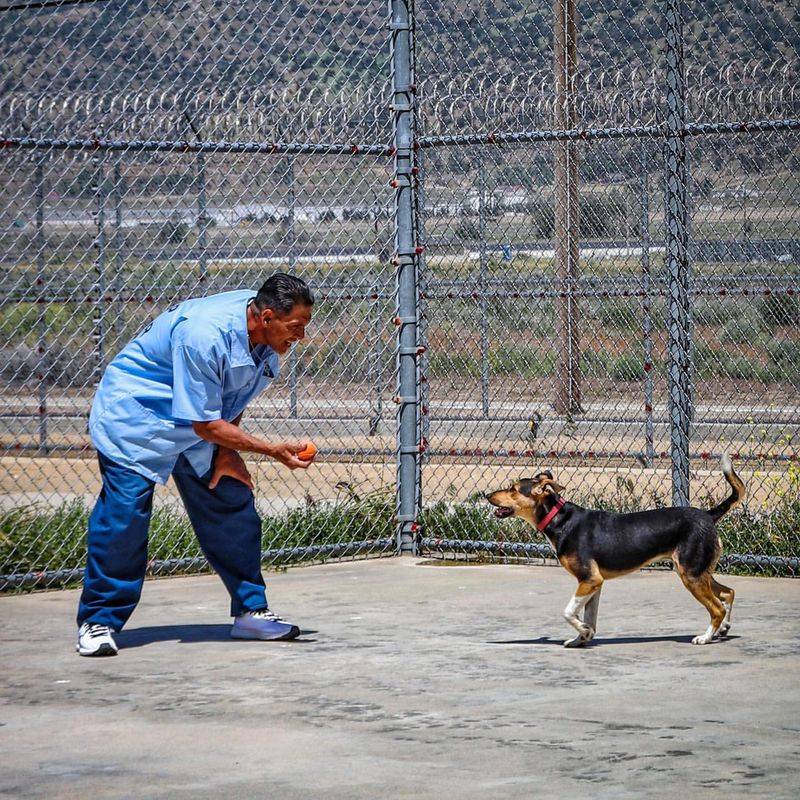The debate over whether rescue dogs are truly safer than other dogs is a multifaceted discussion that encompasses behavior risks, socialization, and individual dog histories. With increasing numbers of people opting to adopt rescue dogs, it’s essential to understand both the potential benefits and risks associated with these loving companions. This article aims to dissect the various aspects of rescue dog behavior, debunk myths, and provide actionable insights for potential adopters.
Understanding Rescue Dog Backgrounds
Rescue dogs come from varied backgrounds, each with its own story. Some may have been strays, while others are relinquished pets. Understanding their history can provide insight into their behavior.
A dog’s past experiences, including trauma or neglect, can influence their current demeanor. However, it’s crucial to remember that every dog is an individual.
By learning about a dog’s background, potential adopters can make informed decisions. Consulting with rescue organizations can also help match the right dog to the right family, ensuring a harmonious relationship.
Socialization and Its Impact
Socialization plays a pivotal role in shaping a dog’s behavior. Rescue dogs may have varied experiences with socialization, impacting their interactions with humans and other animals.
Dogs that have been well-socialized are often more adaptable and less fearful of new experiences. Conversely, those with limited socialization might require patience and training.
Engaging with a professional trainer can aid in improving a rescue dog’s social skills. The commitment to understanding and fulfilling these needs can lead to a rewarding companionship.
Myth of the “Aggressive” Rescue Dog
A common misconception is that rescue dogs are inherently aggressive. This stereotype is unfounded and can deter potential adopters.
Aggression can arise from fear, pain, or lack of socialization, but it’s not exclusive to rescue dogs. Many are just as gentle and affectionate as any other dogs.
Evaluating a dog’s behavior on an individual basis, rather than assuming based on its rescue status, is key. With proper care and understanding, a rescue dog can thrive in a loving home environment.
Importance of Training
Training is essential for all dogs, including rescues. It provides structure and helps in managing behavioral issues.
Rescue dogs might need additional training to overcome specific challenges due to past experiences. Patient and consistent training can transform a rescue dog’s life, offering them confidence and security.
Enlisting the help of a professional trainer can be beneficial. Training not only benefits the dog but also strengthens the bond between the pet and the adopter, making the adoption journey more fulfilling.
Health Checks and Behavior
Health issues can sometimes manifest as behavioral problems in rescue dogs. Regular veterinary check-ups are crucial to identify underlying health issues.
Untreated medical conditions, such as pain or discomfort, might lead to aggressive or withdrawn behavior. Addressing these issues can improve a dog’s demeanor significantly.
Consulting with a vet can provide a clearer picture of a dog’s health and its potential impact on behavior. Proactive health management is a vital component in ensuring a rescue dog’s well-being.
Environment Adjustment
Transitioning to a new environment can be challenging for rescue dogs. The initial adjustment period requires patience and understanding from adopters.
Creating a consistent routine and a safe space for the dog can greatly assist in easing this transition. Familiar smells and objects can provide comfort.
Understanding that each dog acclimates at its own pace is important. With time and care, most rescue dogs can adapt to their new surroundings, leading to a stable and happy home life.
Breed-Specific Considerations
Different breeds have unique characteristics and behavior tendencies. Understanding these can help in predicting and managing a rescue dog’s behavior.
Some breeds might require more exercise or mental stimulation, while others might be more prone to anxiety. Knowing these traits aids in providing the appropriate care and environment.
Rescue organizations often provide insights into breed-specific needs, helping adopters make informed decisions. Acknowledging and respecting these differences can enhance the adoption experience.
The Role of Foster Care
Foster care offers a transitional home for rescue dogs, providing them with stability before permanent adoption.
Through fostering, dogs can experience a home environment, aiding in assessing their behavior and needs. This period can reveal traits that are not apparent in a shelter setting.
Foster families play a crucial role in preparing dogs for adoption, offering insights into their personalities and helping them build trust. This understanding benefits both the dog and prospective adopters, ensuring a smoother transition.
Matching Dogs with Families
Finding the right match between a rescue dog and a family is vital for successful adoption. Each dog and family has unique needs and lifestyles.
Rescue organizations often assist in this process, considering factors such as activity level, experience, and home environment.
Accurate matching increases the chances of a successful adoption by ensuring that the dog and family complement each other. A thoughtful approach to matching can prevent future issues and foster a loving relationship.
Addressing Behavioral Red Flags
Recognizing and addressing behavioral red flags in rescue dogs is essential for a harmonious home. Signs such as excessive barking, aggression, or anxiety should not be ignored.
Early intervention with a professional can address these issues effectively. Understanding the root cause is key to finding a lasting solution.
Behavioral challenges don’t mean a rescue dog is unadoptable. With the right approach, many of these issues can be managed or resolved, paving the way for a fulfilling companionship.
Building Trust with Rescue Dogs
Building trust with a rescue dog requires patience and empathy. Past traumas may make some dogs wary of new people and environments.
Consistency in routine, positive reinforcement, and gentle interactions can foster trust. Over time, a rescue dog may grow confident and secure in its new home.
Every small victory, such as responding to a call or showing affection, is a step towards a stronger bond. Trust-building is a rewarding aspect of adopting a rescue dog, leading to a deep, mutual connection.
Long-Term Benefits of Adoption
Adopting a rescue dog offers long-term benefits that extend beyond companionship. It provides a deserving animal with a second chance at a happy life.
Rescue dogs often show immense gratitude and loyalty to their adopters. The relationship can be incredibly fulfilling for both the dog and the owner.
By adopting, individuals contribute to reducing homeless animal populations. This act of kindness also inspires others to consider adoption, fostering a culture of compassion and responsibility.












